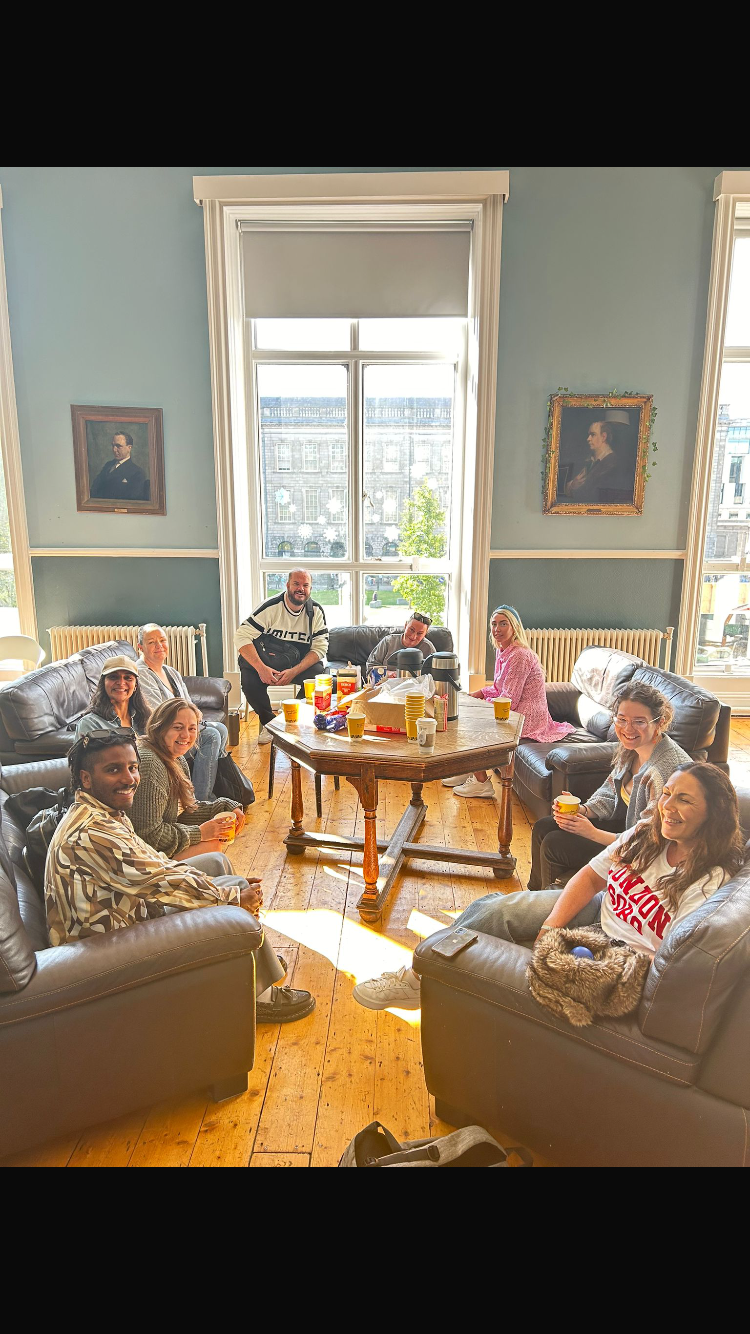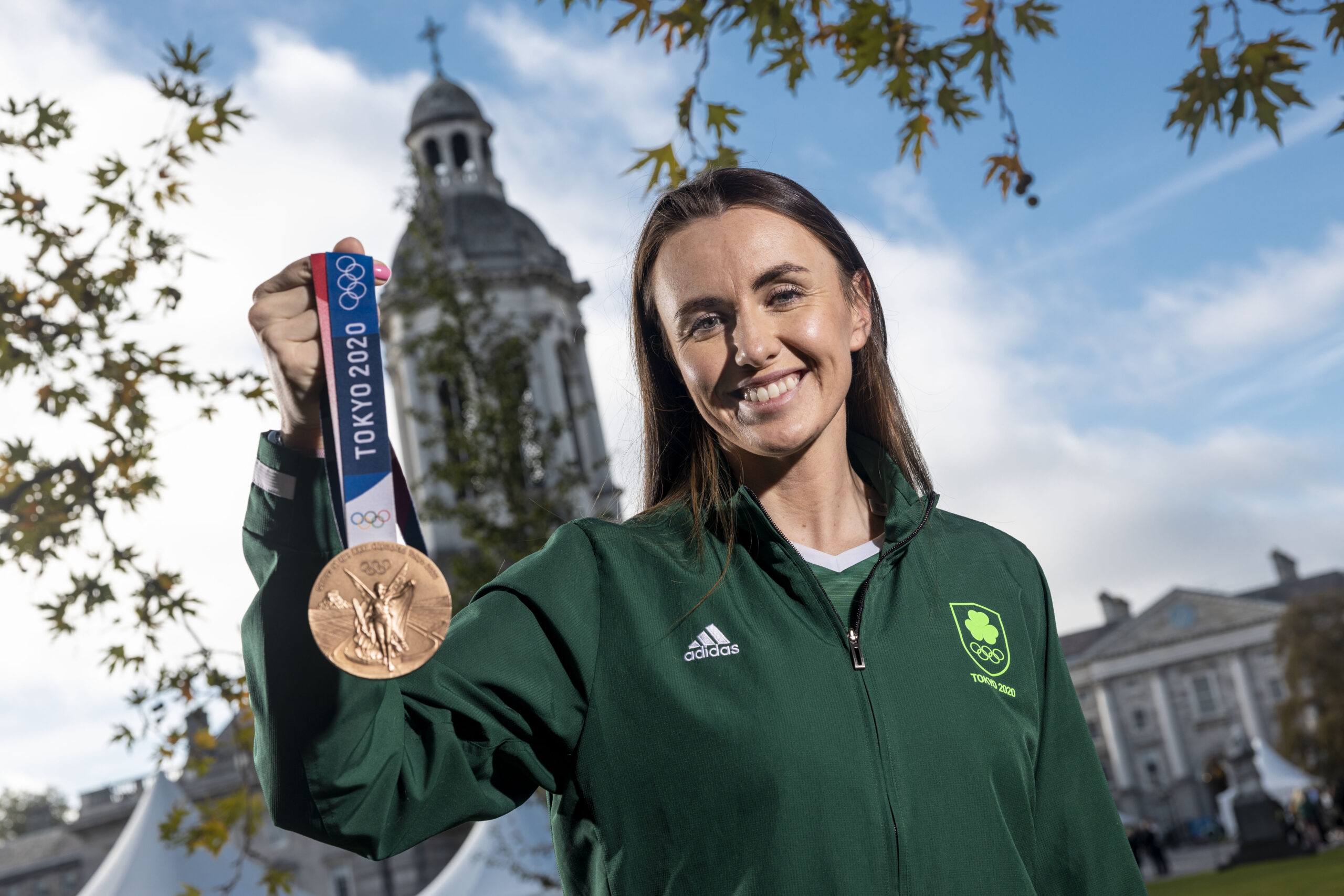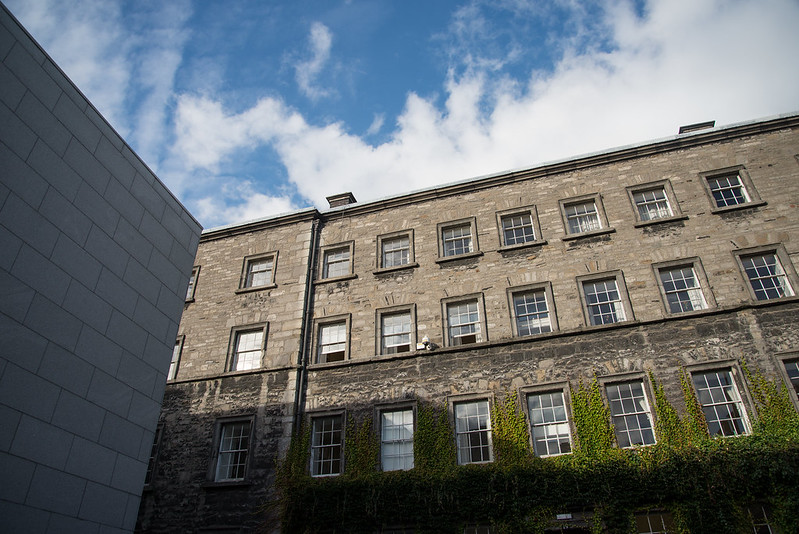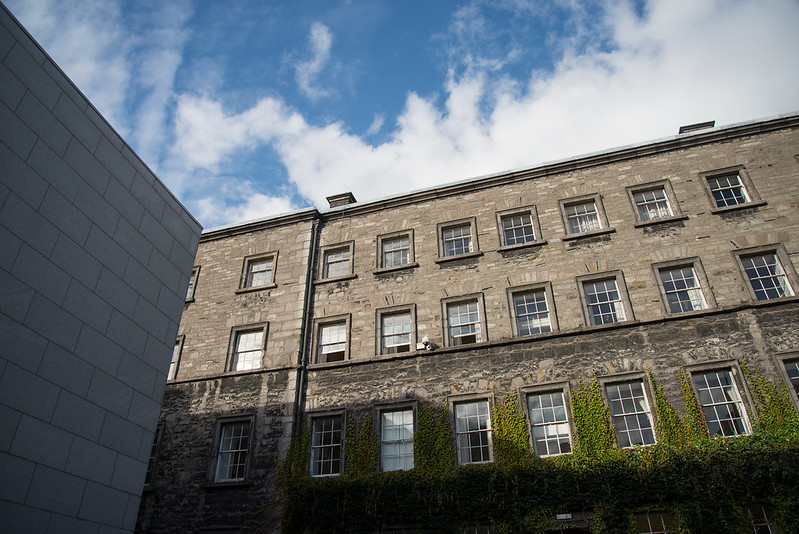Fifty-thousand euro from the Higher Education Authority (HEA) fund will be given to Student 2 Student (S2S) service to fund a two-year internship pilot scheme, following a vote at Trinity College Dublin Students’ Union (TCDSU) council voting this evening.
The motion was proposed by the union’s forum, which is made up of senior part-time union officers, and is the first time the forum has put forward a motion to council this year. The union will now spend just under €50,000 funding two interns working as staff members in the S2S over the next two years, using money from its HEA fund designed for one-time, non-recurring expenditures, with the aim of receiving College funding for the scheme if the pilot is successful.
Speaking at council this evening, TCDSU President, Kieran McNulty, spoke about the value of the work the group does and the impact the money could have.
McNulty also said the union would review the internship after two years.
Working directly under the two existing staff members of S2S, the intern would receive training and have regular performance evaluations. The annual salary for each intern would be, upon S2S recommendation, €19,000, with employer costs of €5,842.50 per year being required, bringing the total funding required across the two-year pilot to €49,685.
S2S currently trains and works with almost 800 volunteers providing mentoring to over 4,000 first-year and international students, with the first internship recipient being recruited from its current group of graduating volunteers. The successful applicant will then be supported in their applications for further education/employment at the end of their internship as well as taking part in the recruitment process for the next intern.
The proposal was originally brought to the previous meeting of TCDSU council as a discussion item, where concerns were raised over the information presented and whether the union should be funding such programmes.
Final-year students who wish to apply for the graduate internship will have had to have shown commitment to S2S, such as volunteering as a S2S mentor, during their time in college, and that such an internship would help them in their future careers.
Speaking to The University Times in February by email, S2S Coordinator, Ralph Astley, said that S2S is “in desperate need for more resources” before going on to say that “this is by no means a cynical attempt to recruit cheap labour; we really do believe it will be a win-win strategy for the service and for the students at the core of it”.
S2S has previously hired interns before, but through external programmes such as JobBridge and the European Voluntary Programme (EVS). Astley added: “We did not believe it fair that we could offer this opportunity to young people from outside the service (on European or government funding) but could not fund a role for one or more of our own student volunteers as so many of them expressed an interest in gaining experience like this.”








